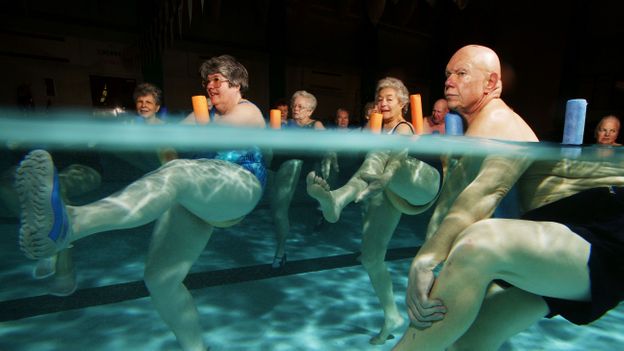Encouraged by his success, Rajnish participated in many accelerator programmes to pitch his work and pursued support from government agencies. He believed his venture could provide a sustainable livelihood for villagers and, he hoped, reduce forest fires if rolled out on a large scale. It led to the setting up of Avani Bio Energy, a for-profit social enterprise, in 2011.
Avani Bio Energy then signed an agreement with the state electrical facility, which under national policy was required to source a percentage of its energy from renewable sources. By 2014, a policy on the commercial use of pine needles, including for gasification among other purposes, was brought into effect by the Uttarakhand Renewable Energy Development Agency.
But there were hurdles to rolling the project out on a large scale. The mountainous terrain in the region makes it challenging to collect pine needles. With unmotorable slopes, pine needles could only be collected manually. For every 1 kWh generated, 1.5 kilos of pine needles are required. An ambitious 120 kWh plant would require a huge amount of feedstock. So, they thought again and decided instead to install smaller decentralised power plants of 10-25 kWh each, so the volume of pine needles needed could be met with manual collection.
The village women, who Rajnish approached to collect needles, were initially hesitant. But each kilo of needles brought to the plant fetched 2 rupees (3 cents/2 pence), which over 6-7 hours’ work amounted to double the typical minimum daily wage for the state.
Asha Devi, a needle collector from Hasyudi village who has been collecting pine needles for three years, now has a very different view of the project. “I earned 8,000 rupees ($110/£85) in the first year and bought a buffalo for milk,” she says. This year she has earned up to 17,000 rupees ($230/£180) in one month. With her savings from last year, she constructed an additional room in her house and plans to add a kitchen next year. “It is convenient as I finish my house chores before I go for needle collection,” she says.












